action learning
I work with people from a variety of sectors and with a whole host of job titles. What they all have in common is an innate desire to contribute positively – to ‘do good’ and they are often the person responsible for driving the vision and mission forward: a CEO or charity leader who wants to spend less time firefighting so that they can think about the bigger picture; a headteacher who wants their staff to feel motivated, have a sense of belonging and open doors of opportunities to their pupils; a freelancer who wants to help organisations to engage better with their communities; a coach who wants to help people feel seen, listened to and less stuck.
They share values around helping others, of building community, of creating equity, and using creative tools and thinking to make positive social change.
They are leaders: of people sometimes but always of a vision of how things could be better. And they often love what they do. Really love it and feel a strong sense of purpose and satisfaction.
What I also see that they have in common is a feeling of isolation. Whether that’s as a small business owner (like me!) who sits in their office trying to do all the operational things as well as the strategy and the actual doing. Or the founder who finds it hard to find the time to work through thoughts and ideas and implement good strategic decisions – and who often have to do it alone or with the people who the decisions have an impact on.
This for me is where action learning can be a powerful tool for addressing these challenges.
What is Action Learning
During my time on a Clore Leadership course, we were offered the opportunity to be part of an action learning set. I was put in a group with some of my peers and not really knowing what to expect, we were connected with the wonderful Ruth Cook from Action Learning Associates. Initially facilitated by Ruth for several sessions, we were given the skills to self-facilitate and continued our set independently. It is now over three years since we had our first meeting, and it is a joy. I have felt so supported – and challenged – by my peers and it’s an utter privilege to support them too.
Action Learning is brilliant for encouragement and sharing learning and it’s helped each of us improve our problem-solving muscles, our ability to give and receive feedback and develop our skills in listening, reflection and asking useful questions.
I loved it so much that 6 months after I became part of my own set, I decided to train to become an action learning facilitator myself.
My process combines a traditional approach to action learning with a sprinkle of Do Good and Do Well magic so that together, we work towards you growing your leadership, helping you to action your why whilst also supporting your wellbeing.
An Action Learning Set brings together a group of peers. It is helpful in a whole host of ways including: to support leadership development and organisational development or change; to help you face challenges and test out different ways of working; to help you develop and think through new ideas; or help you carve out time and space to reflect on what’s working and what’s not.
It helps you to feel less isolated and you gain value from new insights that can surface when you connect with people from different experience and backgrounds.
Action Learning Sets are a powerful way to carve a time and space for reflection and action planning. They enable people to hear their own story and challenges differently, think through a range of responses and become more aware of themselves, their potential and the potential of others.
Each time a set meets there is a very specific process that they go through – which is learnt in the first session.
How does it work?
⭐️ A set is a group of at least 6 people who commit to meet regularly with an action learning facilitator (that’s me!)
⭐️ The set meet every 6-8 weeks or so and each meeting lasts between 2 and 4 hours (depending on context).
⭐️ In the first session we kick off with action learning training and get to know each other.
⭐️ In the following four sessions, the set follow the action learning process.
⭐️ In the final session, we’ll also cover self-facilitation if the group wish to continue together independent of me. This helps develop a sustainable and ongoing practice for reflection and action.
⭐️ If a set continues, I provide email/telephone support for 6 months following the last session I facilitate.
What is my role as facilitator?
The facilitator ensures the smooth running of the set including:
⇉ establishing and seeking agreement for the contract
⇉ explaining and keeping check on the methodology of action learning (resources provided) keeping the focus on the person sharing their topic
⇉ holding the balance of support and challenge
⇉ leading a review of the process and encouraging an honest exchange of useful feedback.
Here’s a lovely short video created by School of Social Entrepreneurs about action learning to give you some more information. https://www.the-sse.org/news/new-video-what-is-action-learning/
I run action learning groups as standalone programmes or part of my bigger group programmes. I run them both virtually and in-person.
My current set is for founders and leaders of for-impact organisations - organisations who want to be a force for good. It is part of a programme called The Clearing. More info HERE.


